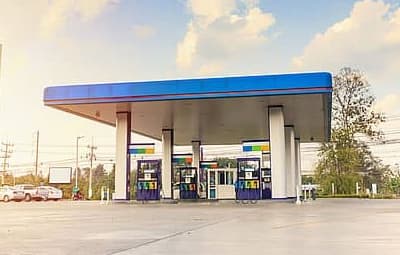CNG
Compressed Natural Gas
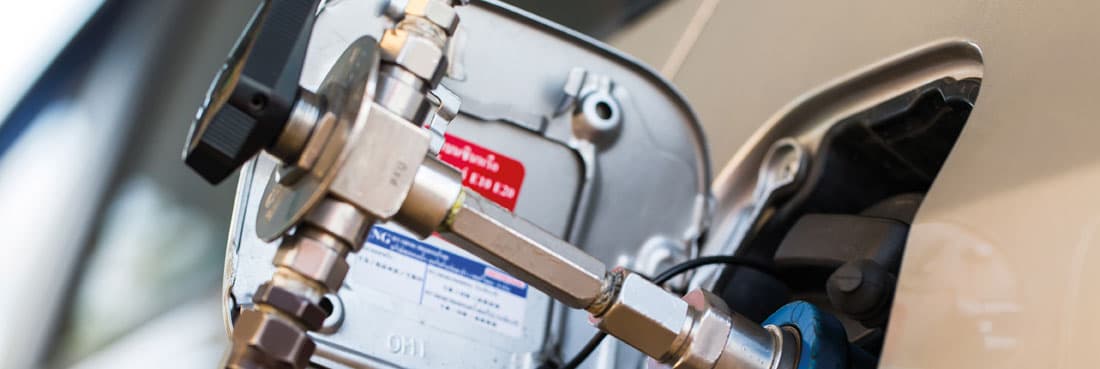
Compressed Natural Gas
Enjoy a cleaner, greener journey with compressed natural gas (CNG)
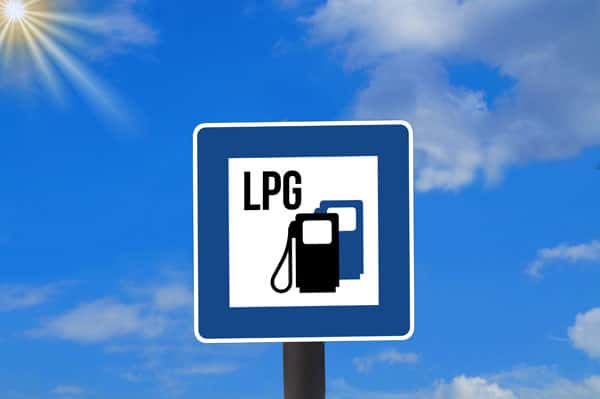
Natural gas-powered fuels such as CNG are becoming increasingly popular thanks to their environmental compatibility. Prices at natural gas fuel stations are significantly lower than those of petrol stations. Furthermore, the state rewards the operation of natural gas vehicles through lower taxes and subsidies. And not just in Germany: In European countries such as France, Italy, Great Britain and the Netherlands, you can also save money at CNG fuel stations. Many people regard CNG mobility as a bridge to the mass adoption of electric cars.
Fuel station network
The climate-friendly alternative to diesel and petrol is on the rise across Europe. In Germany, customers can refuel at approximately 900 natural gas fuel stations. There are around 2,600 natural gas fuel stations Europe-wide. The front-runner for CNG fuel stations is northern Italy. In addition, Austria, Sweden, Belgium, the Netherlands and the Czech Republic are investing in natural gas mobility. The European CNG fuel grid has been designed around an EU recommendation for a maximum distance of 150 kilometres between stations.
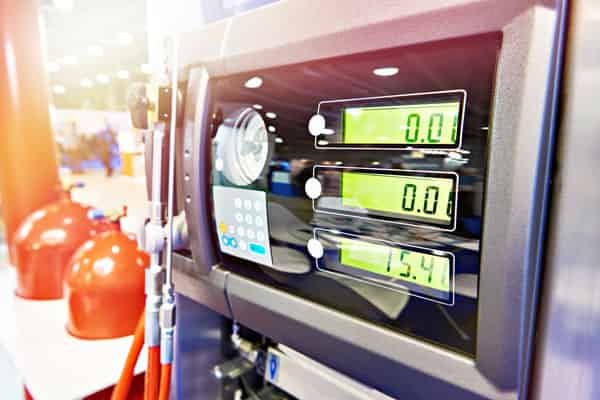
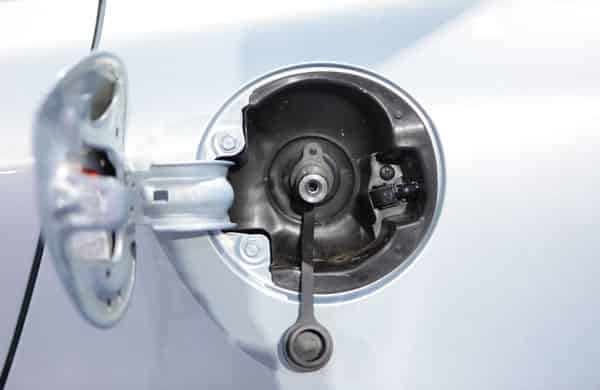
Natural gas is not LPG
Natural gas fuel is often combined with liquified petroleum gas (LPG). What's the difference between the fuels? While CNG consists of methane, the components of LPG are propane and butane. In addition, LPG is a liquid gas while CNG is stored in gaseous form in a tank. Both gasses are designed for bivalent operation, i.e. they support oil-based fuels. Monovalent vehicles that run exclusively on gas are rare.
Another difference between natural gas and LPG is that LPG is heavier than air and collects on the ground as it escapes. This is why LPG-powered cars are often not allowed in public underground truck parks. CNG vehicles, on the other hand, are treated like petrol vehicles and can use truck parks without restrictions. Last but not least: the calorific value of CNG is almost twice that of LPG.
Ecologically recommendable
Natural gas is a natural raw material that is extracted, whereas the propane-butane mixture is a by-product of oil production. Renewable LPG therefore does not exist on a commercial scale, whereas in the case of natural gas, the admixture of biomethane in particular is ecologically interesting. With a 20% biogas admixture, a natural gas vehicle emits up to 35% less CO2 than a petrol engine. The methane required for this is produced in power-to-gas plants.
Natural gas mobility: the facts
Natural gas can be considered an environmentally friendly alternative to petrol and diesel. However, the choice of vehicle models is limited, both for passenger cars and HGVs. The fuel station network is expandable.
Refuelling a natural gas vehicle is safe and quick. Fuel will only flow into the tank if the nozzle is correctly connected and locked. However, the refuelling process takes a little longer than at a normal petrol pump. The price of CNG is quoted at the fuel station in kilograms - converted to a litre of diesel, CNG then costs approximately 84 cents.
Conversion or new purchase?
Converting a vehicle to run on natural gas is usually expensive and uneconomical. Therefore, CNG cars are usually offered as new cars. Examples of natural gas-powered passenger cars include the VW Caddy and Seat Leon; in the commercial sector, VW, Fiat/Iveco, Volvo and Scania all have CNG offerings. The inspection of a vehicle equipped with natural gas drive is not much more expensive than a petrol vehicle. One cost consideration, however, is routine gas system inspections.
H-Gas or L-Gas?
CNG is offered in Germany as H-gas and L-gas, with L-gas being more widely available in northern and eastern Germany. H-gas has higher methane content, so it is more efficient and also more expensive in terms of price per kg. As you would expect, vehicles with H-gas consume less and have a longer range.
Fill up with CNG throughout Europe
Where is the nearest natural gas fuel station? With UTA Edenred, you always know exactly where the next natural gas filling station is on your journey - by the way, often at motorway service stations, a little off the motorway.

